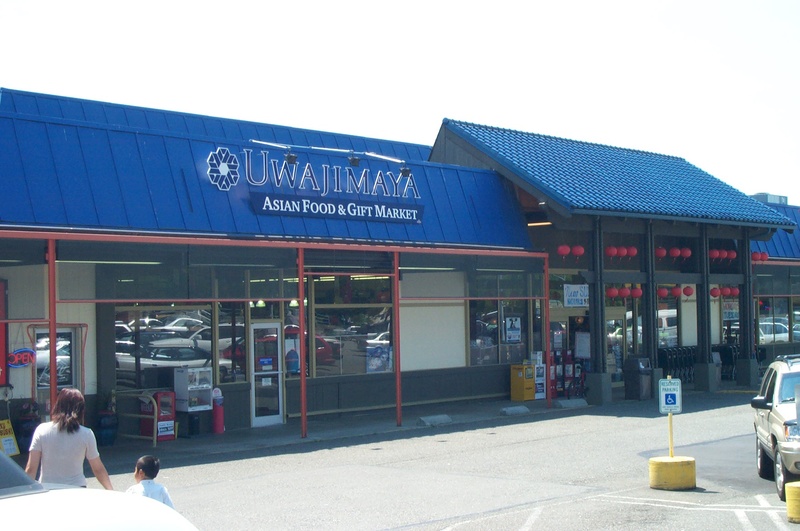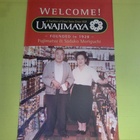Uwajimaya, which has stores mainly in Seattle, is the largest chain store in the Pacific Northwest that handles Asian food, including Japanese food. Currently, in addition to Seattle, it has stores in Bellevue and Renton, both suburbs of Seattle, and Beaverton, a suburb of Portland, Oregon.
There are several other Japanese supermarket chains operating in the same way. All of them are based in California, and they sell a wide range of products from groceries to everyday items, and some are even actively expanding into the restaurant industry. Let's take a look at their overview.
Japanese companies are starting
Mitsuwa Marketplace, headquartered in Torrance, California, has five stores in California, including Torrance, San Jose, and San Diego, as well as stores in New Jersey (Arlington Heights, New Jersey), Chicago (Edgewater, Illinois), Texas (Plano, Texas), and Waikiki (Honolulu, Hawaii), for a total of 11 stores.
Most of Mitsuwa's stores were originally stores operated in the US by Yaohan, a major Japanese supermarket. Yaohan, which actively expanded overseas, opened a shopping center in California in 1984 and also opened a complex in eastern New Jersey. However, the company went bankrupt in 1997, and Mitsuwa was founded in March 1998 to take over the business.
They sell Japanese food products, household goods, electrical appliances, cosmetics, and some stores even have Japanese restaurants. The parent company is Mitsuwa Corporation, which was part of the Wanova Group (California). However, in December 2012, the Japanese trading company Kamei (Sendai City) acquired all shares of the Wanova Group and made Mitsuwa a subsidiary, and now Mitsuwa is one of Kamei's overseas corporations, Kamei North America.
Kamei said it made the acquisition to strengthen its trading business as part of a diversification strategy amid a decline in its main wholesale business of petroleum products.
The management body is changing
Marukai Corporation, headquartered in Gardena, California, has nine stores across the state under new names such as Marukai Market and TOKYO CENTRAL.
Marukai Corporation was originally an import and sales company based in Osaka that handled food, alcohol, and other products. It expanded into Hawaii in 1965 and established a US subsidiary, opening its first Marukai store in California in 1981.
The number of stores was then increased to two in Hawaii and nine in California. It was the first Japanese retailer to introduce a membership system overseas. However, in September 2013, it was acquired by Don Quijote, a Japanese general discount store, and has since become part of the Don Quijote Group. Marukai Corporation in the United States is completely different from the company of the same name in Japan.
Another well-known store in California is Nijiya Market. It opened its first store in San Diego, Southern California in 1986, and currently operates 10 stores in California, including Little Tokyo in Los Angeles, San Francisco, and San Jose. In addition, it has one store in New York and two in Honolulu, Hawaii, for a total of 13 stores in the United States.
The restaurant's distinctive feature is that it focuses on Japanese ingredients, particularly organic vegetables, and emphasizes the health-conscious nature of Japanese food and ingredients.
Furthermore, in recent years, the Japanese chain Seiwa Market opened two stores in California in 2016 and later expanded into Houston, Texas.
Looking at it this way, we can see that no store is large in scale but has continued to operate with the same capital and parent company since before the war. In this respect, Seattle Uwajimaya, with its long history and consistent family management, is unique.
© 2017 Ryusuke Kawai







